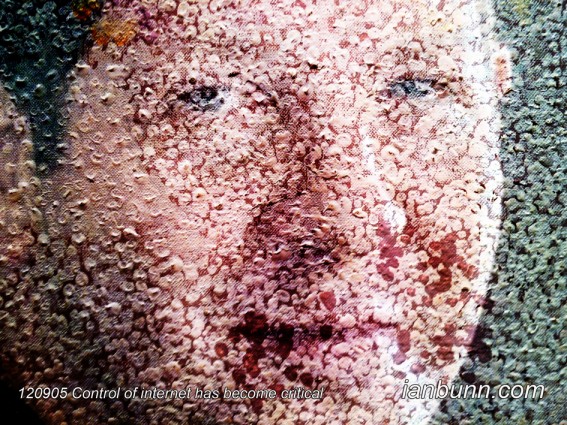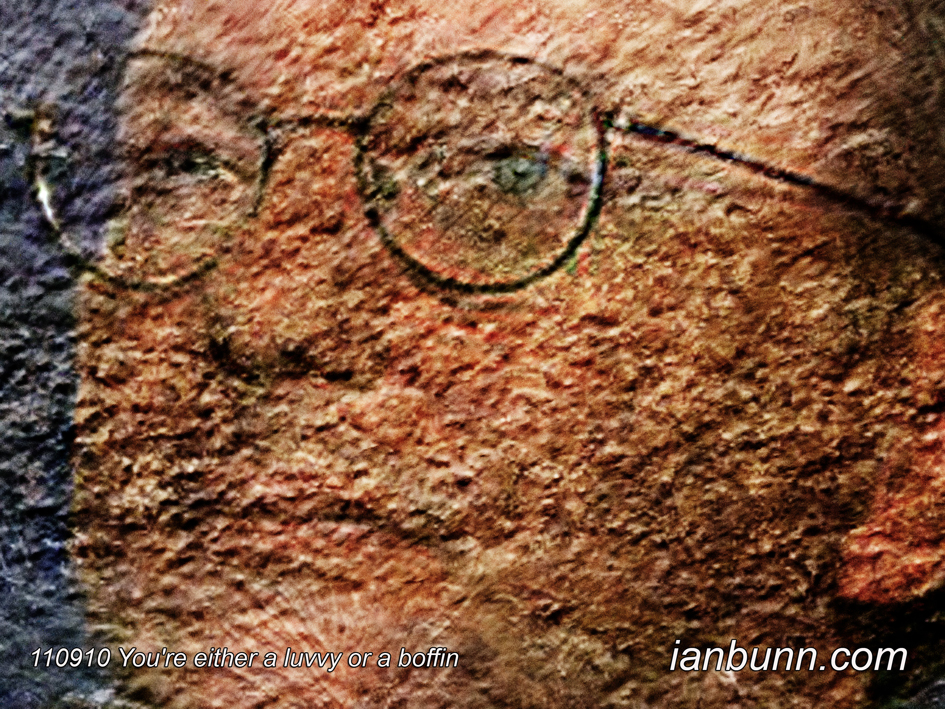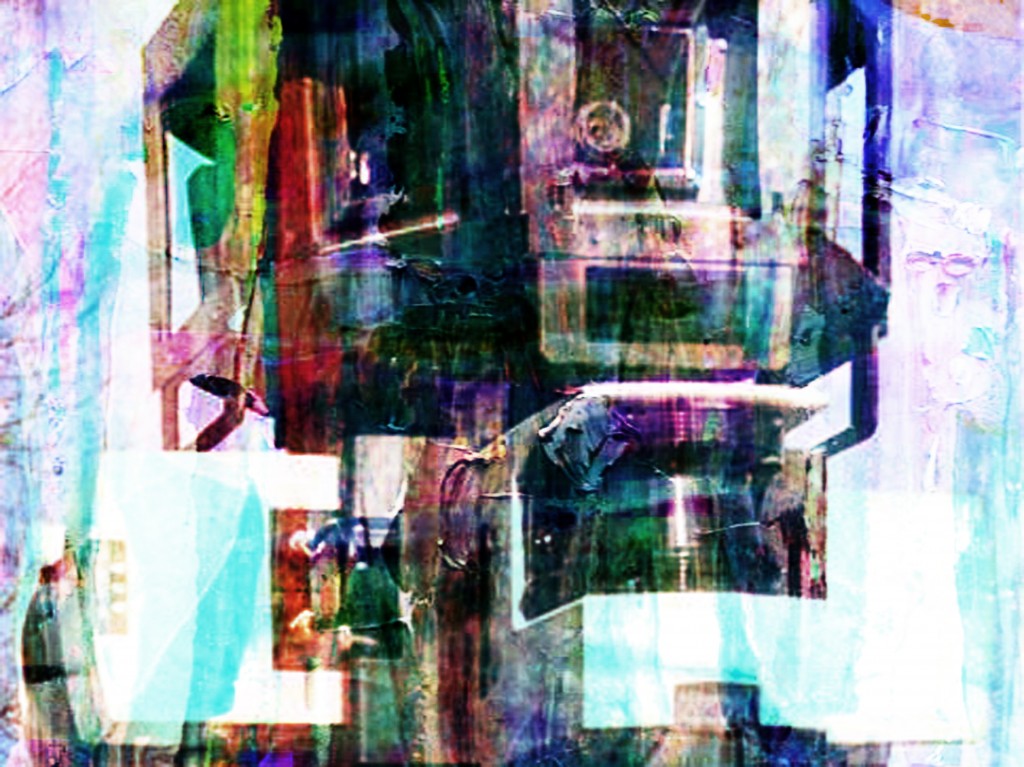 Artificial intelligence has jumped the shark (February 2 2013)
Artificial intelligence has jumped the shark (February 2 2013)
Michael Bruce Sterling the 58 year old American science fiction author best known for his novels and his work on the Mirrorshades anthology helping to define the cyberpunk genre has been featured by George Dvorsky in an article published on io9 titled ‘Bruce Sterling Thinks Artificial Intelligence Has Jumped the Shark’. Dvprsky states “…if his recent comments about the potential risks of greater-than-human artificial intelligence — or lack thereof — are any indication, he’s itching to start a giant fight among futurists. …Sterling penned a four paragraph article saying that we shouldn’t fear the onset of super AI because a “Singularity has no business model.” He writes: This aging sci-fi notion has lost its conceptual teeth. Plus, its chief evangelist, visionary Ray Kurzweil, just got a straight engineering job with Google. Despite its weird fondness for AR goggles and self-driving cars, Google is not going to finance any eschatological cataclysm in which superhuman intelligence abruptly ends the human era. Google is a firmly commercial enterprise. It’s just not happening. All the symptoms are absent. Computer hardware is not accelerating on any exponential runway beyond all hope of control. We’re no closer to “self-aware” machines than we were in the remote 1960s. Modern wireless devices in a modern Cloud are an entirely different cyber-paradigm than imaginary 1990s “minds on nonbiological substrates” that might allegedly have the “computational power of a human brain.” A Singularity has no business model, no major power group in our society is interested in provoking one, nobody who matters sees any reason to create one, there’s no there there. So, as a Pope once remarked, “Be not afraid.” We’re getting what Vinge predicted would happen without a Singularity, which is “a glut of technical riches never properly absorbed.” There’s all kinds of mayhem in that junkyard, but the AI Rapture isn’t lurking in there. It’s no more to be fretted about than a landing of Martian tripods.”
Inspired by George Dvorsky, io9 ow.ly/gXH7O Image source Pablo Balbontin Arenas ow.ly/gXH9v


